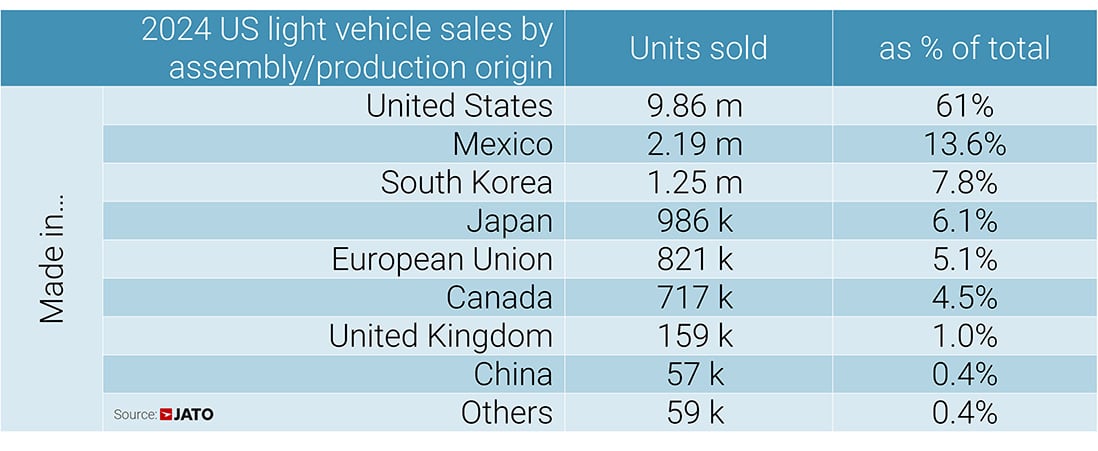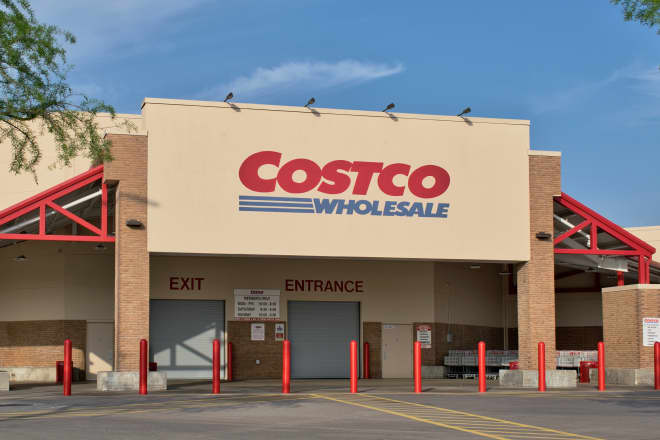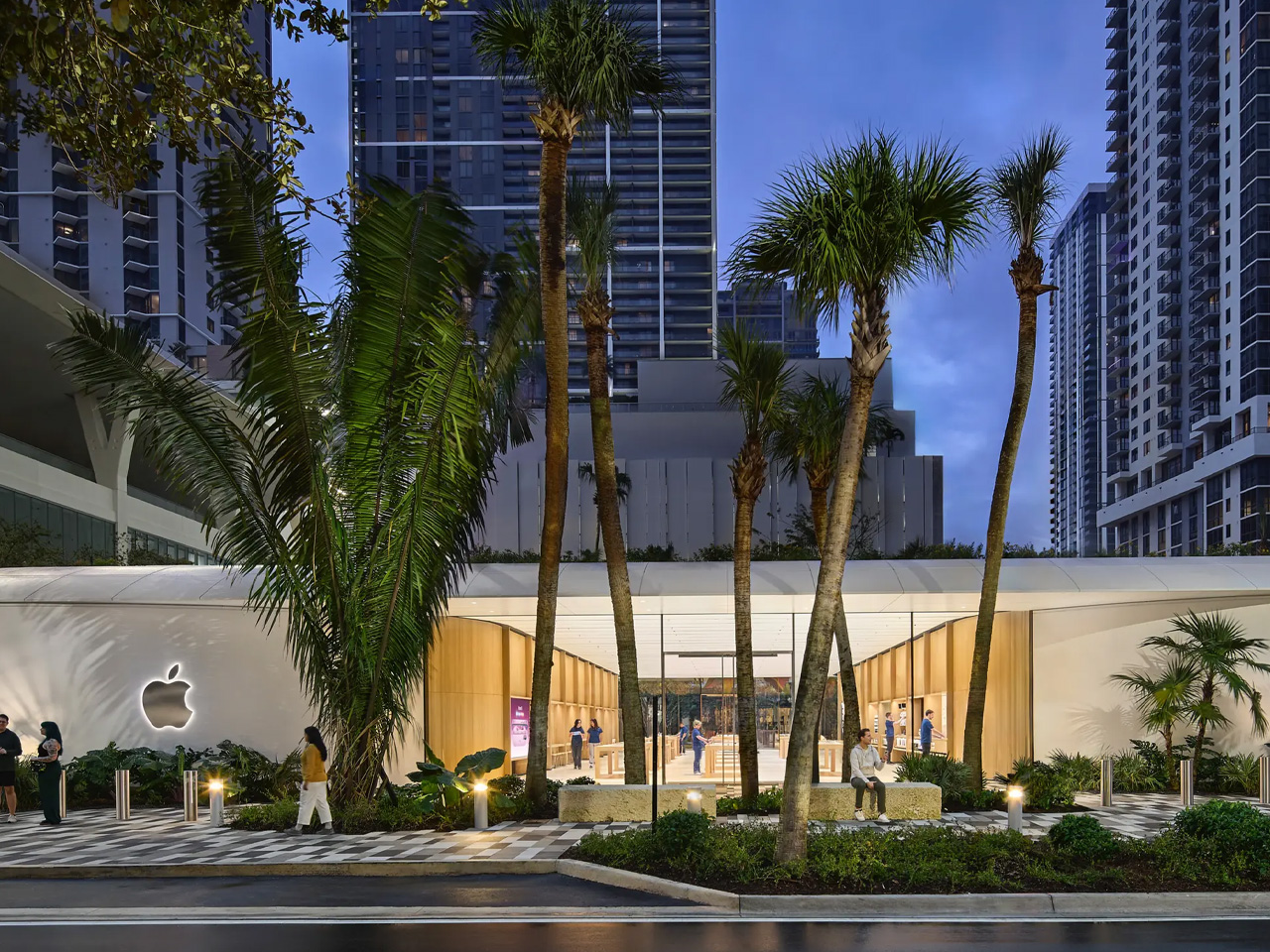Short-term rentals vs. hotels: Which option is best for you
In this guide, we’ll compare short-term rentals and hotels to help you determine which is the right choice for your next trip. The article Short-term rentals vs. hotels: Which option is best for you first appeared in TravelDailyNews International.


When planning a trip, choosing where to stay is one of the most significant decisions you’ll make. Your choice of accommodation can impact your overall travel experience, budget, and comfort. With options like short-term rentals and hotels available, understanding which is the best fit for your needs requires some thoughtful consideration.
Both options have their unique advantages, and the best choice depends on factors like the length of your stay, your budget, and the kind of experience you’re seeking. In this guide, we’ll compare short-term rentals and hotels to help you determine which is the right choice for your next trip.
What are short-term rentals
Short-term rentals refer to fully furnished properties rented out for brief periods, typically ranging from a few days to several months. These properties can include apartments, houses, condos, or even unique spaces like lofts or cabins. With the rise of platforms, short-term apartment rentals have become a popular alternative to hotels.
These rentals often provide a more home-like experience, with features like full kitchens, separate living areas, and sometimes even outdoor spaces. They are ideal for travelers who want flexibility, extra space, or a more personal touch during their stay.
Hotels: The classic accommodation choice
Hotels have long been the traditional choice for travelers seeking comfort and convenience. Ranging from budget-friendly options to luxurious resorts, hotels offer a variety of services designed to meet the needs of different travelers. Features such as daily housekeeping, room service, and on-site amenities make hotels a reliable and familiar option.
Hotels also provide a structured environment that appeals to those who prioritize predictability and ease. With trained staff on hand 24/7, they offer peace of mind for travelers, especially in unfamiliar destinations.
Comparing short-term rentals and hotels
Now, let’s dive into the key factors that can help you determine whether a short-term rental or a hotel is the better fit for your next trip.
Cost
One of the primary considerations when choosing accommodation is cost.
- Short-term rentals: Short-term rentals often provide better value for money, especially for extended stays. Renting a property for a week or longer can be more economical than staying in a hotel for the same duration. Rentals also allow you to save money by cooking your own meals, which can significantly reduce dining expenses.
- Hotels: Hotels, on the other hand, can be more expensive, particularly in prime locations or during peak travel seasons. However, hotel rates often include amenities like breakfast, Wi-Fi, and daily housekeeping, which can justify the cost for shorter trips.
Space and comfort
Space and comfort are essential for a relaxing stay.
- Short-term rentals: Short-term rentals usually offer more space than hotel rooms. A rental might include multiple bedrooms, a living area, and a kitchen, making it ideal for families or groups. Even solo travelers may appreciate the extra room to spread out and feel at home
- Hotels: Hotels, while comfortable, typically offer less space. Standard rooms are designed for short stays and may lack the versatility of a rental property. However, hotels often compensate for limited space with premium bedding, stylish decor, and access to shared amenities like pools and gyms.
Amenities
Amenities can significantly enhance your stay, so it’s important to consider what each option offers.
- Short-term rentals: The amenities in short-term rentals vary widely. Many include essentials like Wi-Fi, kitchens, and laundry facilities, while some go further with features like private pools or outdoor spaces. If you’re staying for a longer period, having access to a fully equipped kitchen and laundry facilities can be a major advantage.
- Hotels: Hotels often shine when it comes to amenities and services. Features like daily housekeeping, room service, and on-site dining options make hotels incredibly convenient. Additionally, luxury hotels may offer spas, fitness centers, and concierge services that cater to your every need.
Privacy and flexibility
The level of privacy and flexibility provided by your accommodation can greatly impact your experience.
- Short-term rentals: Short-term rentals are known for their privacy. With no shared hallways or frequent staff visits, you can enjoy a more secluded and personal experience. Rentals also offer greater flexibility, such as the freedom to cook your own meals, entertain guests, or maintain your daily routines.
- Hotels: While hotels provide privacy within your room, shared spaces like lobbies, elevators, and dining areas can feel less personal. However, the structured environment of a hotel can appeal to those who value predictability and appreciate having everything handled for them.
For many travelers, immersing themselves in the local culture is a key part of the journey.
- Short-term rentals: Staying in a short-term rental often places you in residential neighborhoods, offering a more authentic glimpse of local life. You can shop at local markets, cook with fresh ingredients, and interact with locals in a way that hotels might not facilitate.
- Hotels: Hotels, especially large chains, tend to have a standardized feel that can be comforting but less culturally immersive. However, hotel staff can provide valuable local insights and recommendations, helping you explore the destination in a more curated way.
Safety and support
Safety and support are essential considerations, particularly when traveling to unfamiliar destinations.
- Short-term rentals: While short-term rentals are generally safe, the level of support can vary. Hosts are typically your main point of contact, but they may not be available 24/7. This can be a drawback if you encounter an issue during your stay.
- Hotels: Hotels provide round-the-clock support, with staff available to address any concerns immediately. This level of service makes hotels a reassuring choice for solo travelers or those who prioritize having help readily available.
How to decide
Choosing between short-term rentals and hotels depends on your specific needs, preferences, and travel style.
When to choose a short-term rental:
- You’re staying for an extended period and need a cost-effective option.
- You value privacy, space, and the ability to cook your own meals.
- You’re traveling with family or a group and need multiple bedrooms.
- You want to immerse yourself in local culture.
When to choose a hotel:
- You’re on a short trip and want the convenience of included services.
- You’re traveling for business and need amenities like meeting rooms or shuttles.
- You prefer the structure and reliability of a hotel environment.
- You’re visiting a destination where safety and support are top priorities.
Final thoughts
Choosing between short-term rentals and hotels depends on your travel needs, preferences, and the nature of your trip. Short-term rentals offer privacy, flexibility, and a homier experience, making them ideal for longer stays or travelers seeking an authentic local vibe. Hotels, on the other hand, provide convenience, round-the-clock service, and a touch of luxury that’s perfect for shorter trips or those who value ease and support.
By understanding the advantages of each option and matching them to your priorities, you can ensure that your accommodation enhances your travel experience. Whether you’re looking for short-term rental accommodations or leaning toward the comfort of a hotel, the right choice is out there waiting to make your trip unforgettable.
The article Short-term rentals vs. hotels: Which option is best for you first appeared in TravelDailyNews International.














































































